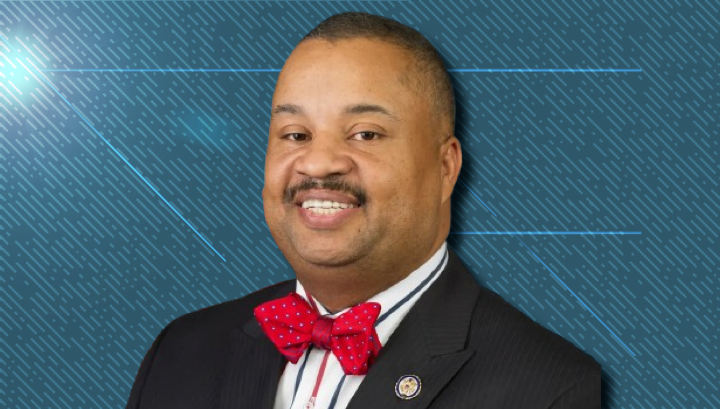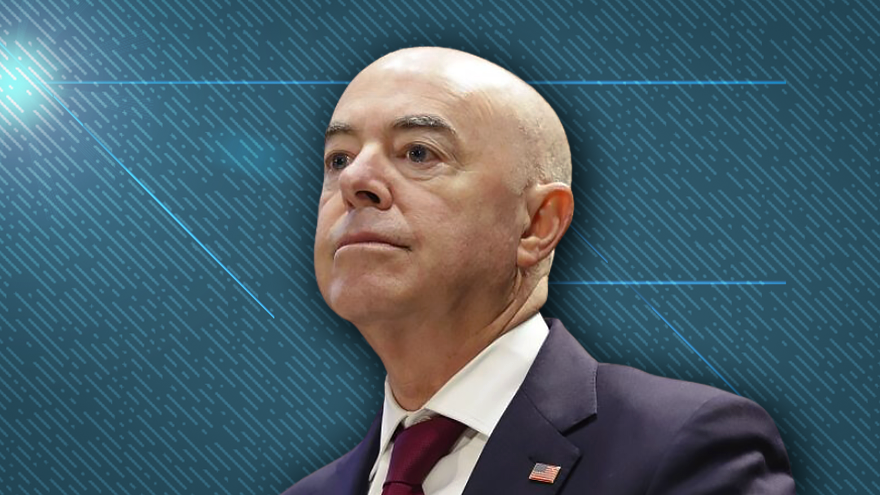A New Jersey congressman remains unconscious over a week after having a heart attack.
Representative Donald Payne Jr. was hospitalized on April 9 following a “cardiac episode.” At the time, his office said his prognosis was good and that he was expected to make a full recovery.
Payne’s office released another update on the Democrat’s health on April 17, noting that the cardiac incident was a “complication from his diabetes.”
“Today, he is in stable condition at a local hospital and continues to be under doctor’s care,” his office added. “While we hope for a full recovery, we ask everyone to keep him in your prayers.”
The statement appears at odd with a new report from the New Jersey Globe which says Payne has been unconscious since his April 6 heart attack “indicating that the congressman’s medical condition is substantially more severe than had been initially revealed.” The outlet reported that the 65-year-old is currently on a ventilator in the Newark Beth Israel Medical Center’s intensive care unit.
“Payne has battled a series of health issues in recent years, including diabetes and kidney issues that require regular dialysis,” reported the Globe.
Payne is currently serving his sixth term in Congress. He was first elected in 2012 after taking over the seat previously held by his father, former Congressman Donald M. Payne Sr. The elder Payne died from colorectal cancer.
The current Congressman Payne serves on the House Committee on Homeland Security's Subcommittee on Emergency Preparedness, Response, and Recovery. Payne is up for reelection this year but is running unopposed. The New Jersey Democratic primary will be held on June 4.
The congressman’s office has not confirmed the reports of his coma. The discrepancy in information about Payne’s health comes four months after the revelation that Secretary of Defense Lloyd Austin was secretly hospitalized in early January.
Austin, who has since revealed he has been diagnosed with prostate cancer, was rushed to Walter Reed National Military Medical Center on Jan. 1. He ultimately spent two weeks in the hospital, including several days in the critical care unit. The White House, Congress, and the National Security Council were not informed of Austin's hospitalization until Jan. 4. The revelation of his covert hospitalization hit the media on Jan. 7.
“I want to be crystal clear – we did not handle this right. I did not handle this right,” said Austin while addressing reporters during his first week back at the Pentagon in February. “I take full responsibility. I apologize to my teammates and to the American people.”
“The news shook me and I know that it shakes so many others, especially in the Black community,” he explained. “Taking this kind of job means losing some of the privacy that most of us expect.”
“The American people have a right to know if their leaders are facing health challenges that might affect their abilities to perform their duties, even temporarily,” said Austin. “So wider circles should have been notified, especially the president.”

